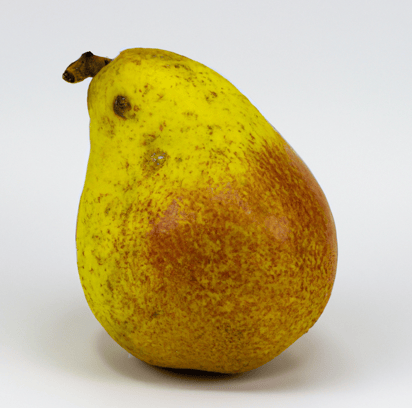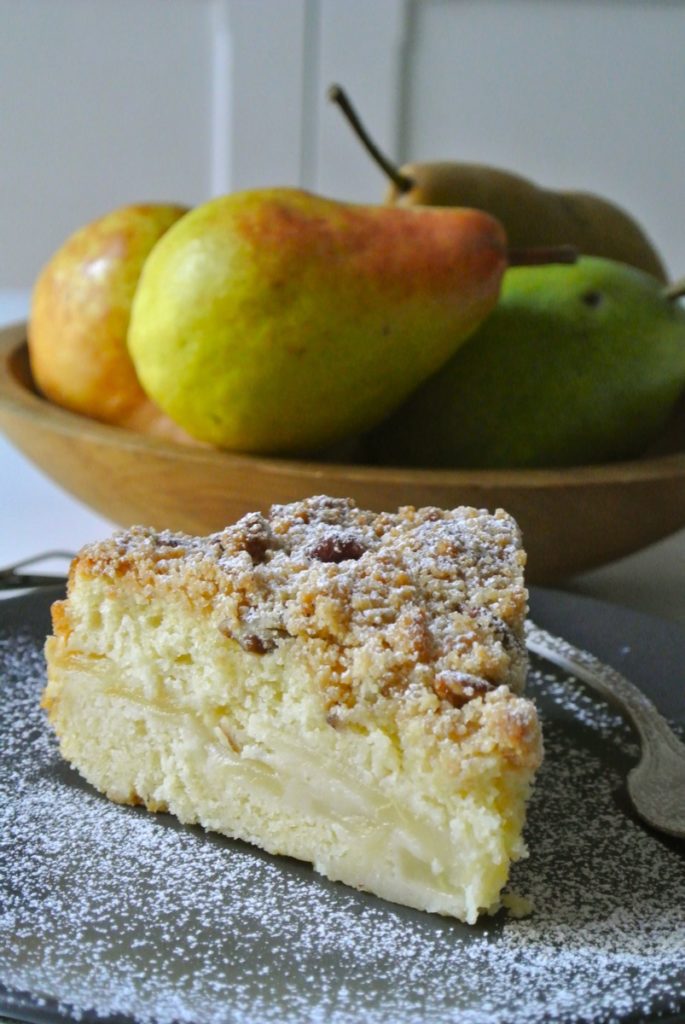Pears: Important Facts, Health Benefits, and Recipes
Explore the world of pears with our ultimate guide, covering health benefits, history, storage tips, and culinary uses for this nutritious and delicious fruit.

Best Pears Recipes
-

-

-

-
:max_bytes(150000):strip_icc()/__opt__aboutcom__coeus__resources__content_migration__simply_recipes__uploads__2020__01__Pear-Ginger-Shrub-LEAD-2-7e73f7087f374c1fa968268ebf0a1362.jpg)
-
:max_bytes(150000):strip_icc()/SES-how-and-when-to-make-rumtopf-fruit-1446792-11d5fed53eda401abb3ff7d9a119c35a.jpg)
-
:max_bytes(150000):strip_icc()/pear-chutney-recipe-1327511-hero-03-1bc94406c2534b3ca3efb7dd6607f5a0.jpg)
-
:max_bytes(150000):strip_icc()/__opt__aboutcom__coeus__resources__content_migration__serious_eats__seriouseats.com__recipes__images__2012__09__091812-223109-tart20tatin-pie-610x458-1-808bf2c6fafd44599978e4cc448ddb42.jpg)
-
:max_bytes(150000):strip_icc()/__opt__aboutcom__coeus__resources__content_migration__serious_eats__seriouseats.com__recipes__images__2013__02__2013_2_18_241289_Preserved_chocolate_pear_jam-f5f8652e806b4084aa1eebd4239362e3.jpg)
-
![Easy Stovetop Fruit Crisp Recipe Image]()
-
![Four & Twenty Blackbirds' Junipear Pie Image]()
-
![Pear Cranberry Crumble Mini Pies Recipe Image]()
-
![Pear and Ginger Preserves Recipe Image]()
-
![Simple Pear Galette With Vanilla Recipe Image]()
-
![Canned Pears Image]()
-
![Slow Cooker Fruit Compote With Cinnamon Recipe Image]()
-
![Traditional Pear Butter Recipe Image]()
-
![Raw Spiced Pear Cobbler Recipe Image]()
-
![Canned Pear Streusel Pie Recipe Image]()
-
![Spiced Pear Preserves Recipe Image]()
-
![Slow Cooker Pear Butter Recipe Image]()
-
![Pear, Walnut & Lemon Conserve Recipe Image]()
-
![Pear Relish With Peppers and Onions Recipe Image]()
-
![5 Best Charcuterie Board Ideas Image]()
-
![German Eel Soup Recipe Image]()
-
![Oven-Dried Pears Image]()
-
![Peach, Pear, and Plum Jam Recipe Image]()
-
![Roasted Pear Sauce Image]()
-
![Salsa de peras asadas Image]()
-
![Paper Bag Pear Pie Image]()
-
![The Best Red Sangria Image]()
-
![Healthy Oatmeal Muffins Image]()
-
![French Pear Pie with Crumb Topping Recipe Image]()
-
![Easy Fresh Pear Cobbler Recipe Image]()
-
![Ginger-Lime Pear Cobbler Image]()
-
![Rustic Pear Tart Image]()
-
![Pear Pie Image]()
-
![Cran-Apple Cobbler Image]()
-
![Pear Cobbler Image]()
-
![Pear Crumble Pie Image]()
-
![Creamy Pear Pie Image]()
-
![Old-Fashioned Almond Pear Cake Image]()
-
![Pear Cranberry Crisp Image]()


:max_bytes(150000):strip_icc()/__opt__aboutcom__coeus__resources__content_migration__serious_eats__seriouseats.com__recipes__images__2014__11__20141103-Stovetop-Fruit-Crisp-Yvonne-Ruperti.2-83dd50a5705d463885eb82f778f48b89.jpg)
:max_bytes(150000):strip_icc()/__opt__aboutcom__coeus__resources__content_migration__serious_eats__seriouseats.com__recipes__images__2014__01__01072014-btb-junipearpie-afae29480ed7443490804662966b0308.jpg)
:max_bytes(150000):strip_icc()/__opt__aboutcom__coeus__resources__content_migration__serious_eats__seriouseats.com__recipes__images__2013__11__20131125-cranpear-minipie-f0e9e81457994cefa10c71296af40028.jpg)
:max_bytes(150000):strip_icc()/__opt__aboutcom__coeus__resources__content_migration__serious_eats__seriouseats.com__recipes__images__2013__12__20131209-276483-pear-and-ginger-preserves-cd571f9b407d4f55bc62e54ad553ff26.jpg)
:max_bytes(150000):strip_icc()/__opt__aboutcom__coeus__resources__content_migration__serious_eats__seriouseats.com__recipes__images__2017__09__20170911-pear-galette-vicky-wasik-8-2b103580cf3543f687200d42c8fa71ba.jpg)
:max_bytes(150000):strip_icc()/173575572-56a30e045f9b58b7d0d0324d.jpg)
:max_bytes(150000):strip_icc()/fruit-compote-slow-cooker--579d10775f9b589aa9748fbb.jpg)
:max_bytes(150000):strip_icc()/pear-butter-572549b55f9b589e34d89c90.jpg)
/IMG_0116-56a5d0c23df78cf77289fdc1.jpg)
:max_bytes(150000):strip_icc()/easy-pear-streusel-pie-recipe-1136018-hero-01-15a53b1970df4f3d8948503173e2a2d8.jpg)
:max_bytes(150000):strip_icc()/pear-preserves-72009-579260da5f9b58cdf300683d.jpg)
:max_bytes(150000):strip_icc()/GettyImages-168110631-581906735f9b581c0b799512.jpg)
/pear-walnut-lemon-conserve-58a4b2a25f9b58819cf80ffe.jpg)
:max_bytes(150000):strip_icc()/home-canning-preserves-104785965-57e52a0e5f9b586c359420d4.jpg)

/Germaneelsoup-GettyImages-653025802-5a6f55703037130036bcd26a.jpg)
/170407590-56a30e055f9b58b7d0d03256.jpg)
:max_bytes(150000):strip_icc()/Simply-Recipes-Peach-Pear-Plum-Jam-LEAD-10-b529cee337d248a3b6ce44d6522b95d4.jpg)





/french-pear-pie-3059024-0ce9839199f24e3fb3d17f1bc9eeb584.jpg)
:max_bytes(150000):strip_icc()/fresh-pear-cobbler-3053813-hero-01-cc700599f8d846c58245d58ea9537ea8.jpg)








